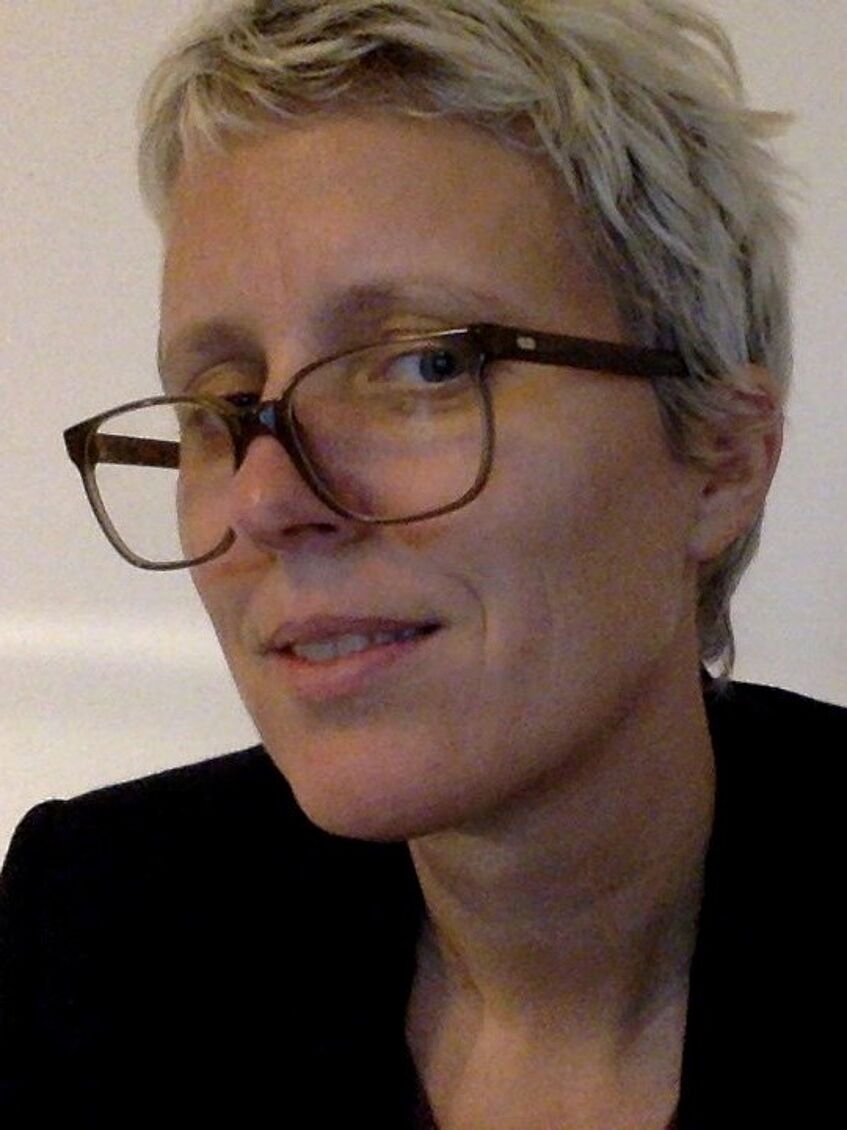Mag.a Dr.in Katja Mayer
Biography
Katja Mayer is a sociologist and works at the interface of science, technology and society. Since 2019, she is working as senior postdoc with the Elise Richter Fellowship (FWF) at the Department of Science and Technology Studies at the University of Vienna. Her research focuses on the interaction between social science methods and their public spheres.
As part of her postdoc position at the Professorship of Computational Social Science and Big Data, she established the field of "Critical Data Studies" at TU Munich.
Her research focus is on the cultural, ethical and socio-technical challenges at the interface of computer science, social sciences and society. Data is treated less as a new raw material, but as a highly variable and fragile phenomenon. In the context of data-driven decision-making, data are not considered as "given", but the way we collect, transform, analyze, and trust data is up for discussion.
In addition, Katja also works as Senior Scientist at the Center for Social Innovation in Vienna. Until recently she was Associate Researcher at the University of Vienna's research platforms "Governance of Digital Practices" and "Responsible Research and Innovation in Scientific Practice". For many years she has been teaching Sociology, STS and Web Sciences at the University of Vienna, the Danube University Krems, the University of Art and Design Linz and the University of Lucerne. She was a visiting fellow at the School of Computer Science at Carnegie Mellon University (USA). Moreover, she was a member of the core team of the Open Access Network Austria (OANA), co-heading the working group "National Strategy for the Transition to Open Science". In the years 2011-2013 she was a research fellow of the President of the European Research Council (ERC).
Publications
A critical reflection on knowledge hierarchies, language and development
- Autor(en)
- M. Langthaler, N. Witjes, G. Slezak
- Abstrakt
The purpose of this paper is to contribute to the discussion about the developmental value of knowledge by reflecting on the “knowledge for development” (K4D) paradigm. In particular, it draws attention to the interaction between linguistic and communicative processes and the areas of power, knowledge and education. This is considered fruitful to understanding the complex and subtle mechanisms in the reproduction of the North‐South knowledge and power divide.
- Organisation(en)
- Institut für Afrikawissenschaften
- Journal
- Multicultural Education and Technology Journal
- Band
- 6
- Seiten
- 235-247
- DOI
- https://doi.org/10.1108/17504971211279509
- Publikationsdatum
- 2012
- Peer-reviewed
- Ja
- ÖFOS 2012
- 506003 Entwicklungspolitik, 509003 Entwicklungszusammenarbeit, 509018 Wissensmanagement, 602001 Afrikanistik
- Link zum Portal
- https://ucrisportal.univie.ac.at/de/publications/8761fae0-c76b-47ba-8bde-341a55435384

